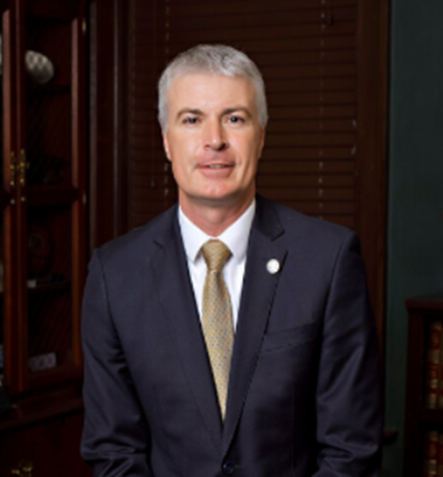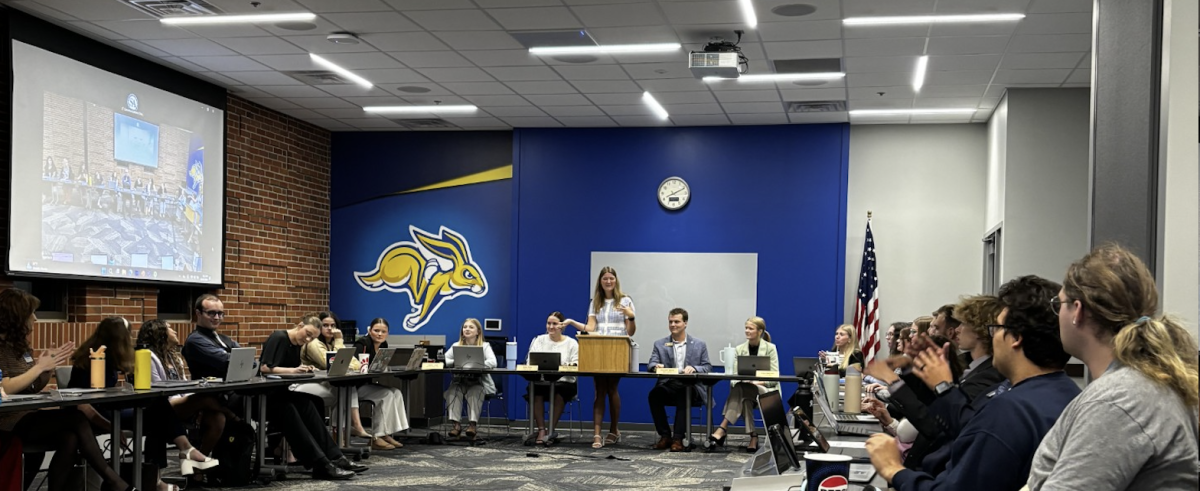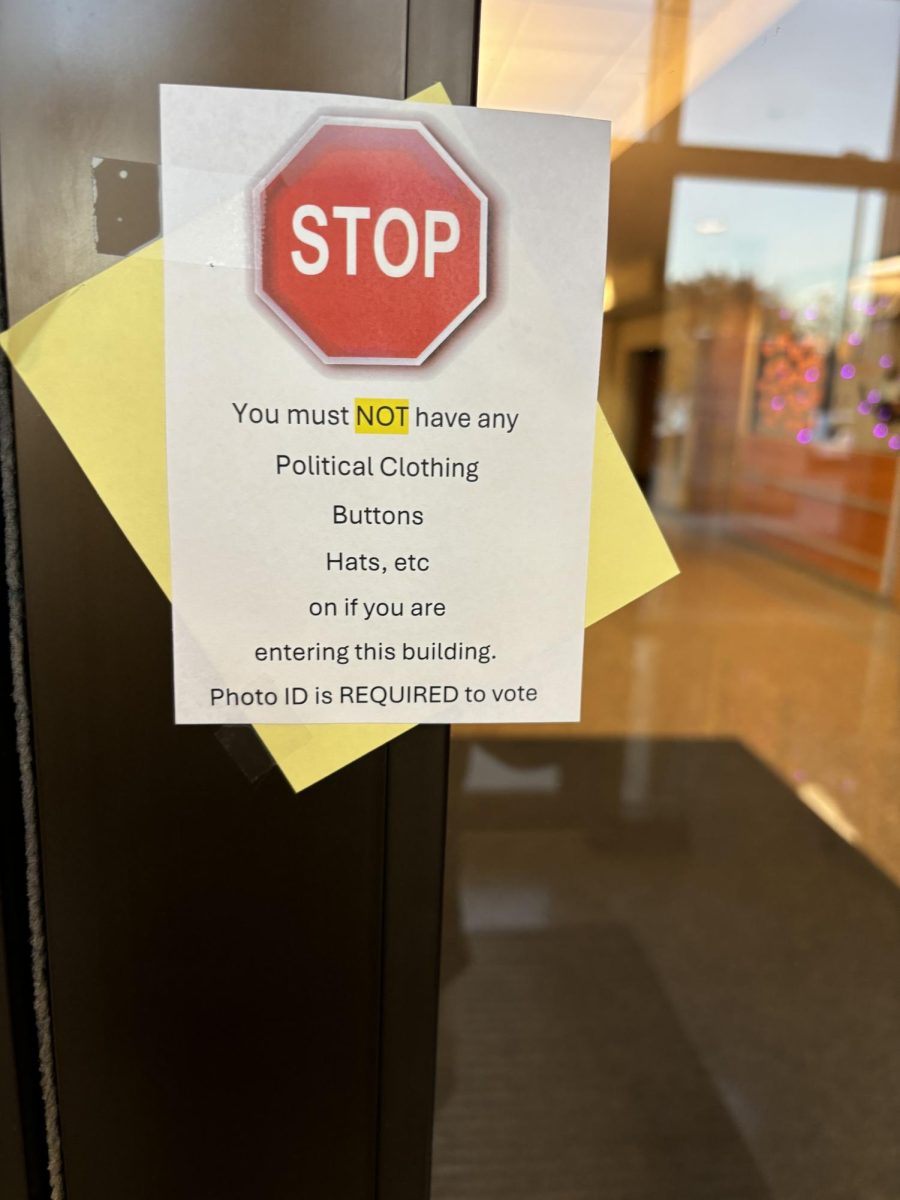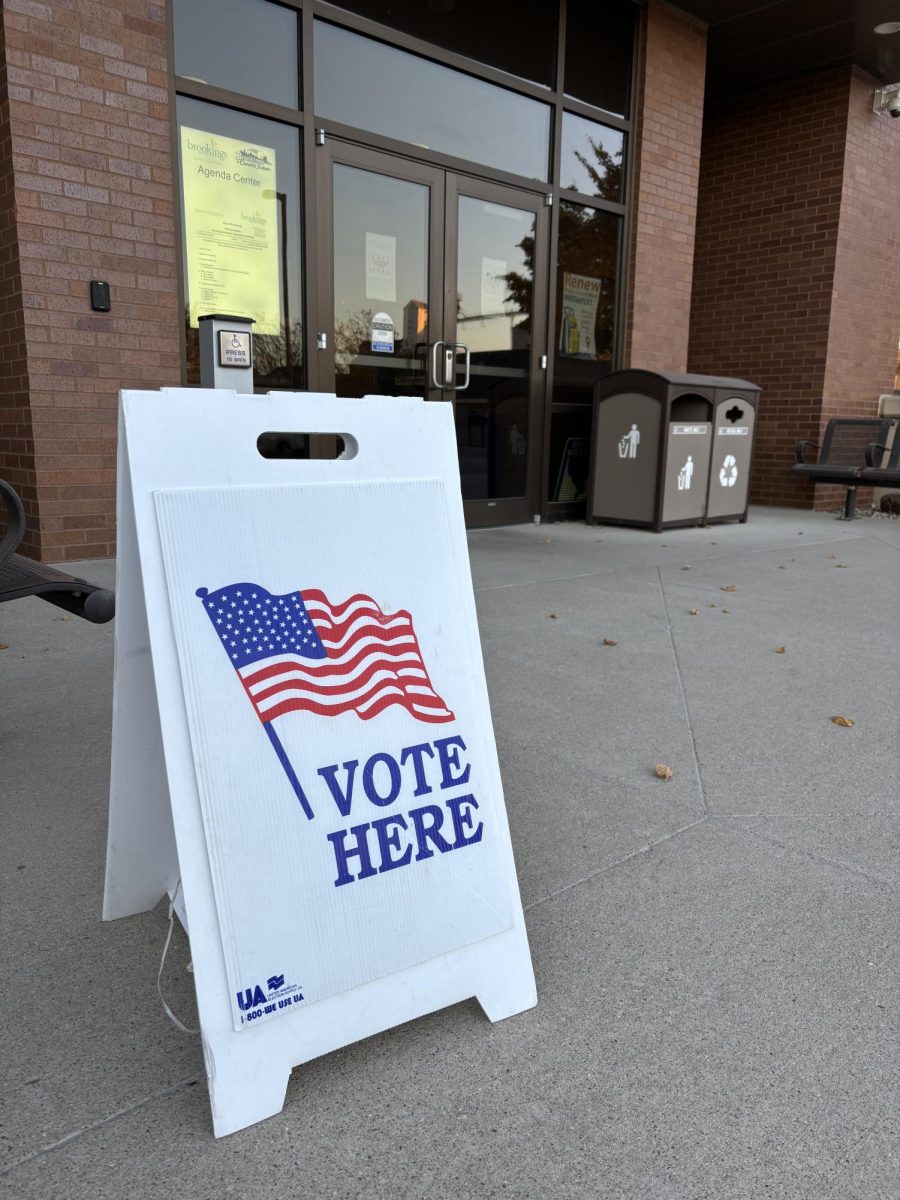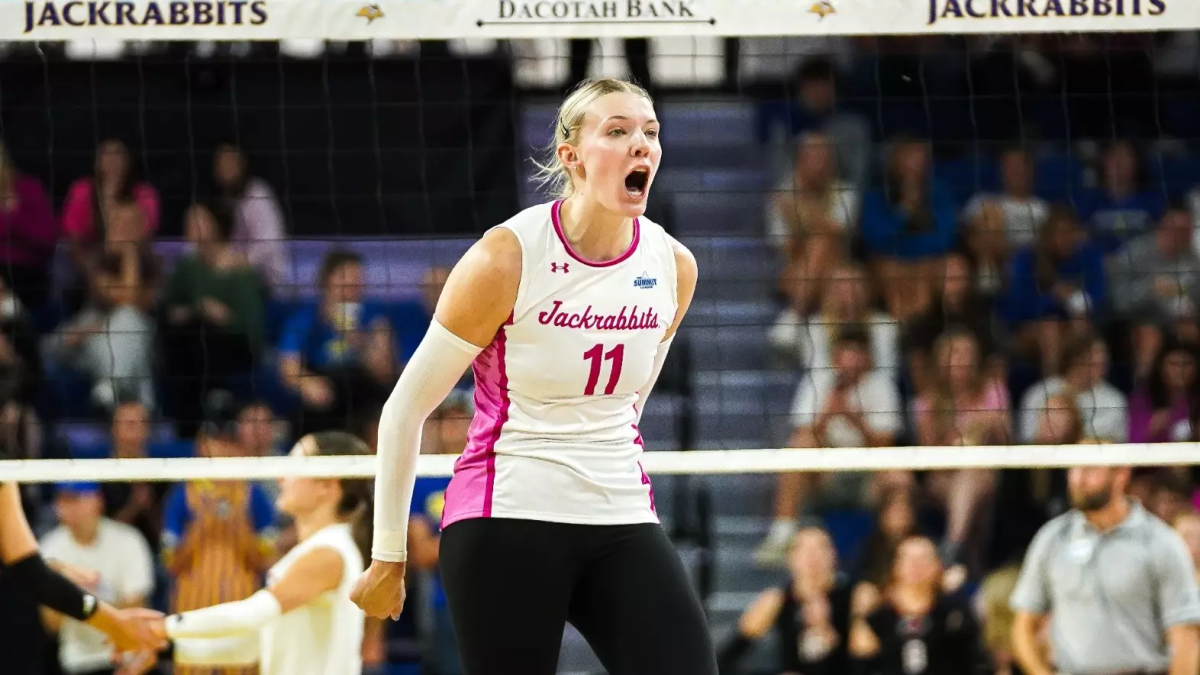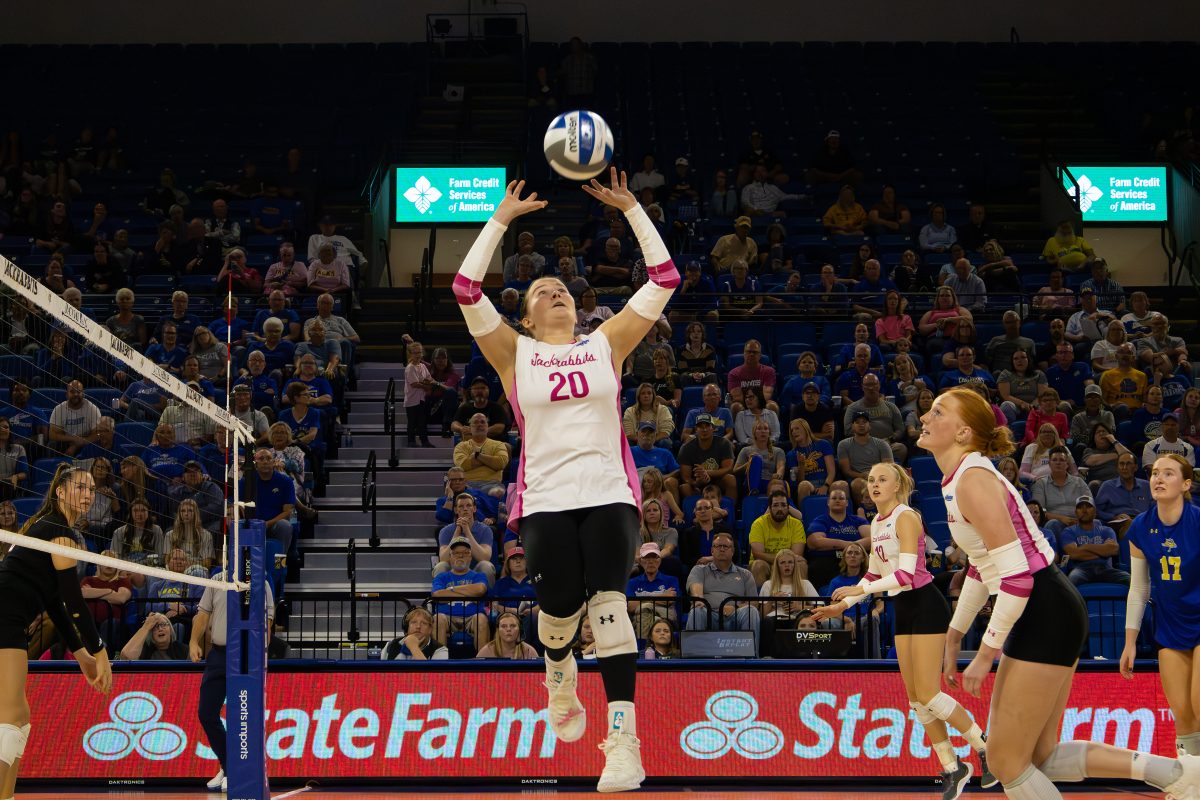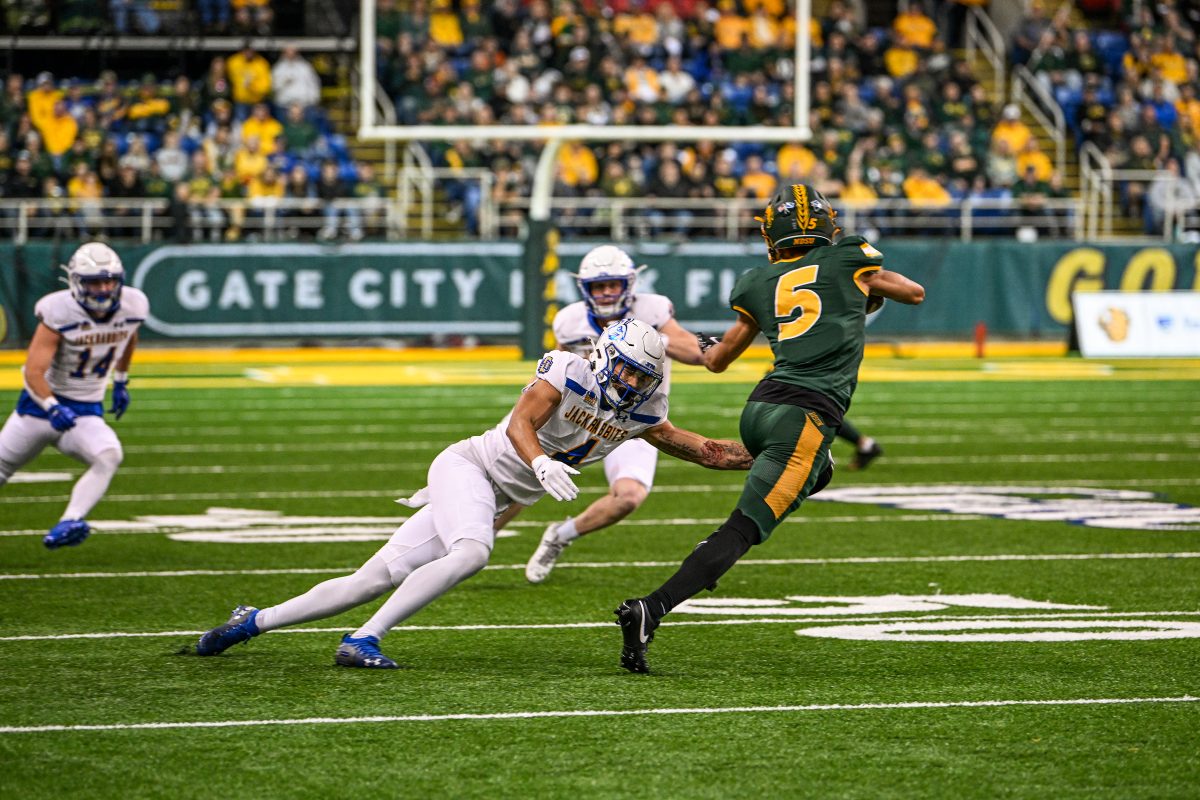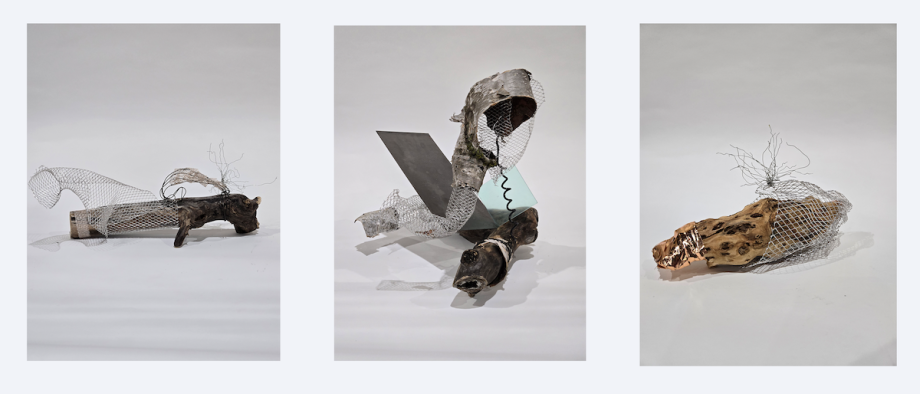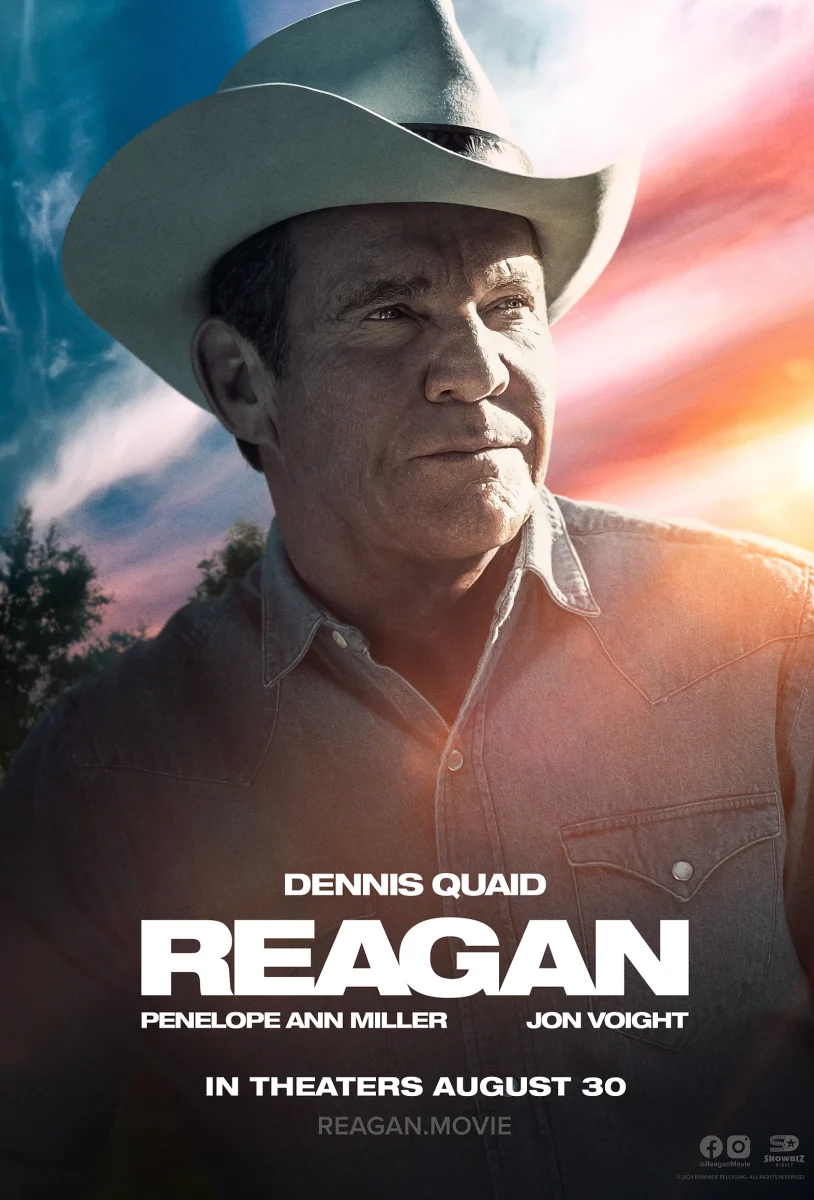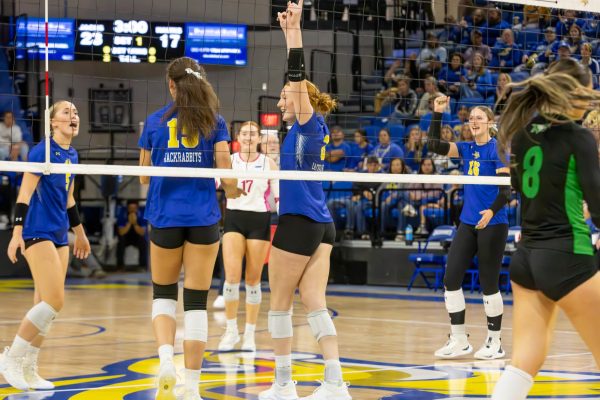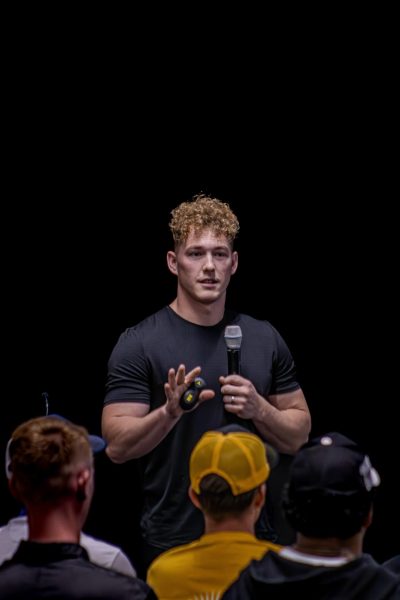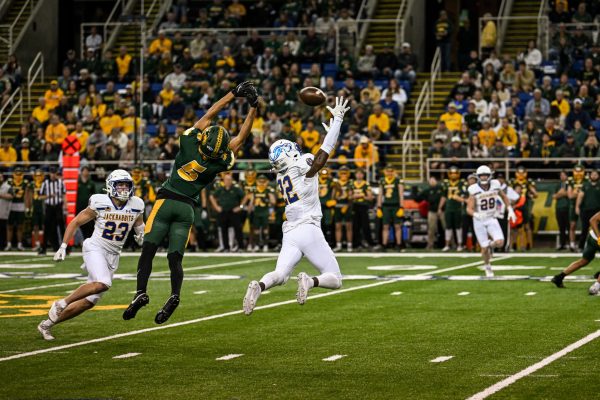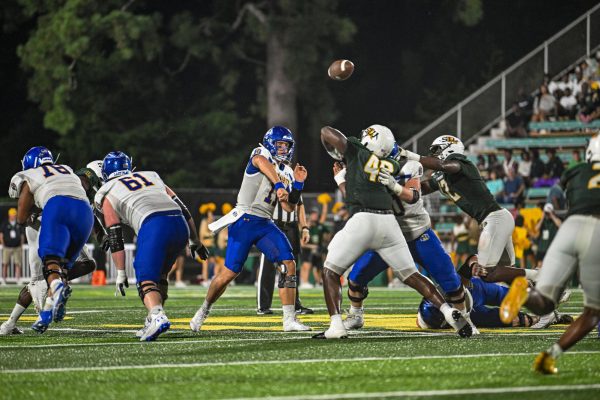Wacipi Powwow held
February 28, 2005
Leslie Warnke
Vibrant outfits and palpitating drumbeats filled Frost Arena on Saturday as people of all ages and ethnicities gathered for the 15th annual Wacipi Powwow.
Over 300 singers and dancers competed in seven different categories: men’s traditional, men’s grass, men’s fancy, women’s traditional, women’s jingle dress, women’s fancy shawl and drums, which included singers. Each category was then subdivided into three age groups: junior, teen and adult.
Many people also competed in one of the three specials throughout the day. The Honoring special, Rabbit Dance special and junior boy’s traditional special were sponsored by individuals and were separate from the main competition.
Powwows were originally held in the spring to celebrate the new beginning of life, to hold naming ceremonies and to pray, but their significance has changed over the years. Native Americans now compete in song and dance categories for cash prizes, like those awarded to the top point-earners on Saturday.
For most, though, it’s not the cash that brings them to Powwows.
“I like it because I get to watch adults, so maybe I can be as good as them someday,” said juniors’ fancy shawl dancer Kayla Parker. “Maybe I can be a champion.”
“Enjoyment of dancing” is what keeps Ron Cross Dog, a men’s traditional dancer, coming back to powwows.
“I’ve been going to powwows, oh, all my life,” said Cross Dog as he gazed down at his son competing in the junior boy’s traditional dance.
Like Cross Dog, going to Powwows is a family event for many of the singers and dancers.
“I have cousins, aunts and uncles and one brother here,” said Parker.
The Wacipi was sponsored by the Native American Club here at SDSU, but numerous volunteers from the community and around campus lent their support to the club members Saturday. Among the volunteers were Assistant Dean of Student Affairs, Doug Wermedal and Dean of Student Affairs, Marysz Rames, who each spoke at the event.
“It’s important that we strive to get SDSU administrators to get involved for recruitment and retention purposes,” said Native American Student Advisor, Steven Martin. “Their involvement goes a long way. Tribal community members see support through the administration.”
Having the Powwow on campus benefits both tribal and campus community members, according to Martin.
“The powwow is important to a campus community such as SDSU because Native American communities visit and see the effort and support [from SDSU]. It helps attract potential students, and it provides current students the opportunity to take ownership in what they’re doing as far as planning the Powwow,” said Martin.
#1.885285:1004723666.jpg:powwow6.jpg:The SDSU Native American Club sponsored the 15th Annual Wacipi Powwow that was held last Saturday. Hundreds took part in the event.:

